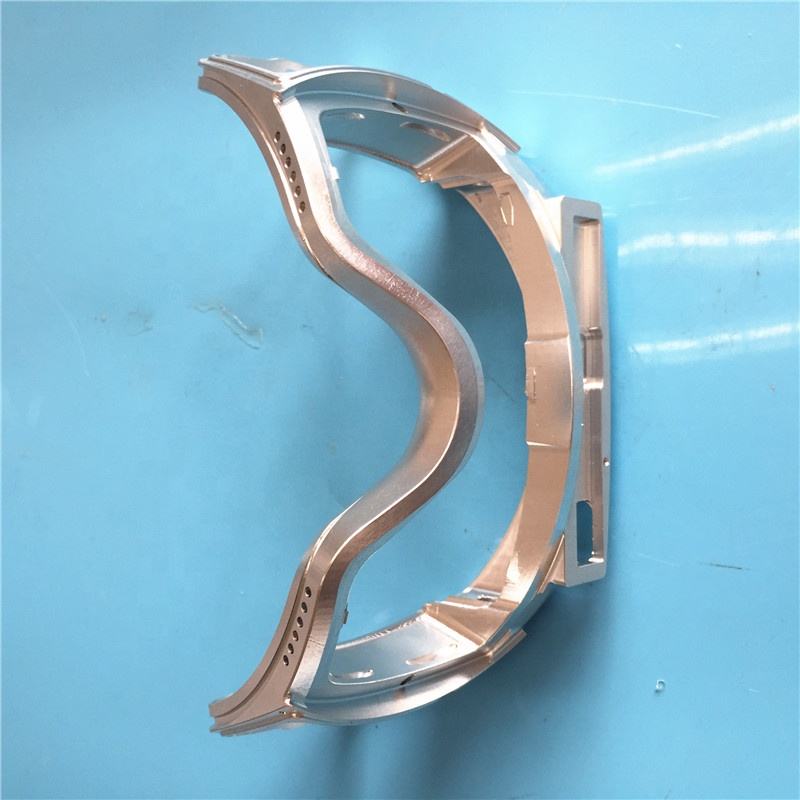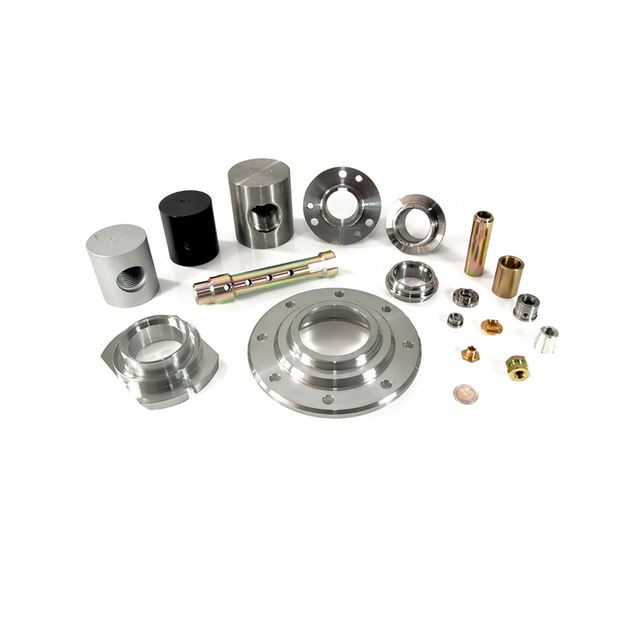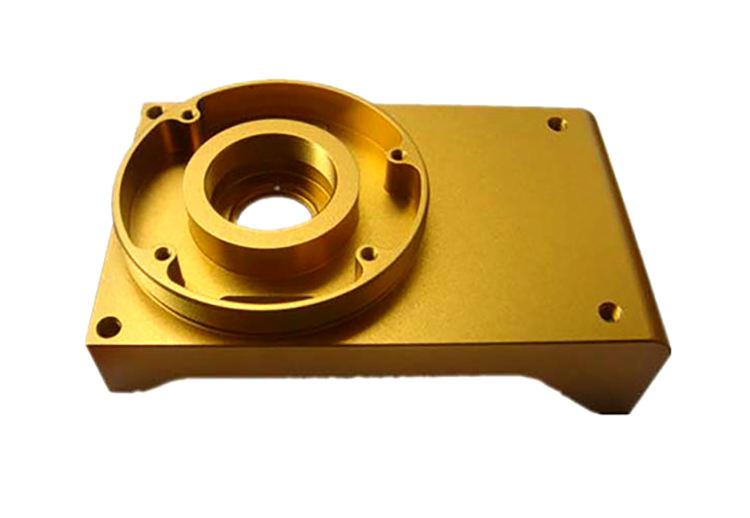CNC machining is one of the most popular yet versatile techniques, which has evolved with time and adapted to several technological advancements. This is why it is still widely used across industries for several processes including cutting, milling, bending, and much more. Owing to their beneficial features, several traditional CNC machining and fabrication techniques are being replaced by CNC machining. Although known for high production efficiency and repeatability, it is important to upgrade and take some steps to improve machining efficiency. This post leads you through these steps and more.
What Are the Ways to Improve CNC Machining Efficiency?
The following are some important factors that help improve the overall efficiency of CNC machining. So, let’s have a look at them.
To improve CNC machining efficiency, the first and foremost important aspect is to upgrade or retool the equipment. New technologies and their features keep coming, and the existing ones become obsolete. Also, the efficiency of the machinery reduces with continuous usage. Due to technological advancement, this problem has improved considerably. It is of utmost important to keep machinery or equipment upgraded to stay as close to the bleeding edge as possible. This helps define where and when to retool or upgrade the machining, also sets limitations on equipment. Periodic maintenance is just as essential to prevent any major issues.


Next, it is important to keep CNC machining operational to maximize overall throughput. Machines can’t be idle for a long time; else they may stop functioning or slow down over time. That is why the first step is important. Keeping equipment updated or in tip-top shape helps increase their maximum level of performance.
Several large-scale operations as well as machinery equipment consume more power. Therefore, understanding the power consumption requirements is necessary to keep machinery or equipment operations free from damage due to issues such as overheating or short circuits. If not, then this could lead to serious issues and extended downtime. Also, upgrading to new technologies helps reduce power consumption, and helps save on energy bills and the overall cost.
The CNC gear operates on its own set of parameters. All thanks to load cells and sensors. This reduces human intervention and workers on duty can look for better work opportunities aside from these mundane tasks. It helps increase their productivity. Hence, establishing multiple modes of operations maximizes the machine outcome and efficiency.
Several conventional services and maintenance methods involve manual monitoring equipment. This means the actions are taken when problems are discovered, which leads to a reactive process. This can be easily handled through real-time and preventative maintenance strategies, thus developing a proactive approach. This can be done through automated testing tools and advanced data monitoring solutions which help power CNC machining. It helps identify errors in the initial stages. The whole process can be automated, keeping efficiency as high as possible.
In addition to this, reducing tool wear and thermal deformation of the process helps improve the accuracy and efficiency of CNC machinery. The thermal error of the machine depends on several factors such as machining time, environmental temperature, cutting speed, feed, and much more.

